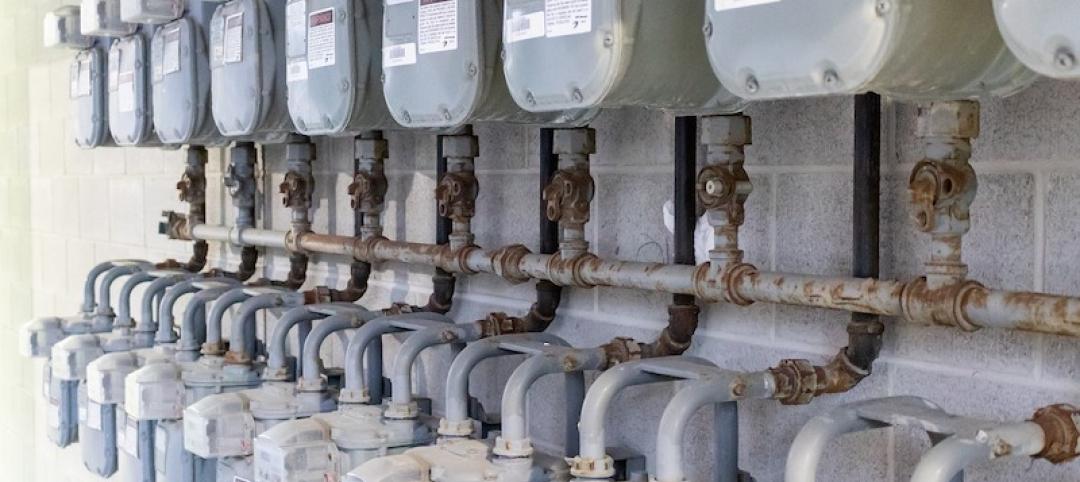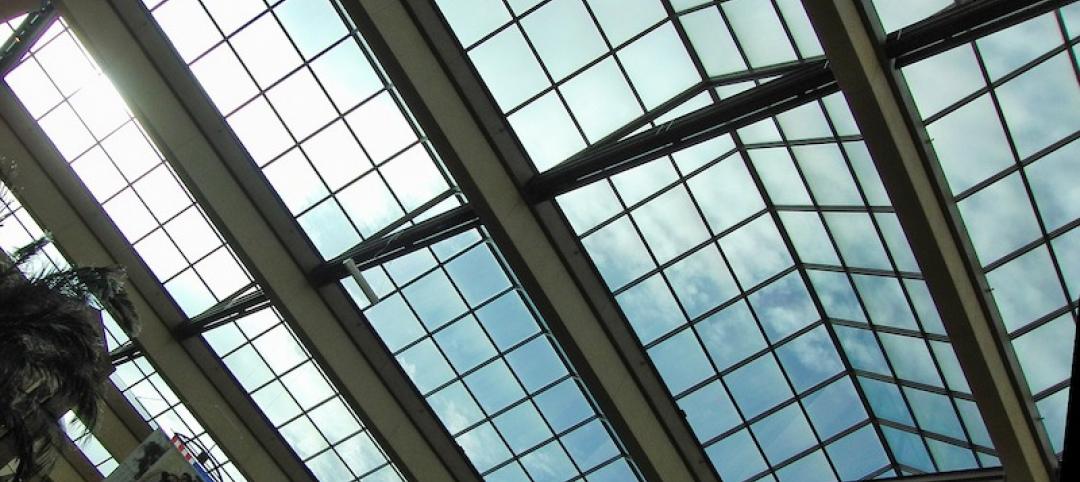In 2022, there have been nearly 200 fires and six deaths in New York City caused by lithium-ion batteries used in mobility devices such as electric bikes and scooters.
The New York City Council held a hearing last month to gauge the danger posed by poorly made, refurbished, or improperly charged batteries. The city currently limits five large lithium-ion batteries to a single residence.
Other cities including San Francisco also have experienced fires caused by lithium-ion batteries. Concerned over an uptick in fires, landlords in New York City such as Glenwood Management are reportedly considering bans on electric bikes and scooters.
If the batteries are damaged from being dropped or hit too hard, or are improperly stored or poorly manufactured, they can create excessive heat when being charged, resulting in a fire, according to a fire protection engineer at the National Fire Protection Association.
Related Stories
Codes and Standards | Feb 18, 2020
Recent Dept. of Energy grants emphasize grid-interactive building technology
National labs, universities, businesses selected for total of $74 million in funding.
Codes and Standards | Feb 14, 2020
At least 13 states create incentives for utilities to use demand response programs
Practice optimizes power grid, incorporates more renewable power.
Codes and Standards | Feb 13, 2020
Living Future Institute’s JUST program helps measure progress on sustainability, social justice
Functions as a transparency platform for organizations to disclose their operations.
Codes and Standards | Feb 12, 2020
Commercial Building Energy Saver Wins R&D 100 Award
Software toolkit enables access to deep energy retrofit and zero-net energy strategies.
Codes and Standards | Feb 11, 2020
Fenestration Rating Council launches faster energy performance testing system
New windows, doors, and skylights will get to market faster.
Codes and Standards | Feb 7, 2020
Landlords scramble to comply with the New York City Council’s Climate Mobilization Act (CMA)
Intent is to reduce greenhouse gas emissions; improve efficiency for buildings larger than 25,000 sf.
Codes and Standards | Feb 6, 2020
New document to determine THERM finite element modeling surface temperatures released
Process often used to predict interior surface temperatures on fenestration.
Codes and Standards | Feb 5, 2020
HUD issues guidance on emotional support animals
Clarifies the responsibilities of rental housing providers and renters.
Codes and Standards | Feb 4, 2020
New Jersey to become first state to require building contractors to consider climate change impact
Governor has seven key strategies for emissions cuts.
Codes and Standards | Jan 31, 2020
Colorado ranks first in LEED Top 10 states
Rankings of states for LEED certified square feet per person released.

















